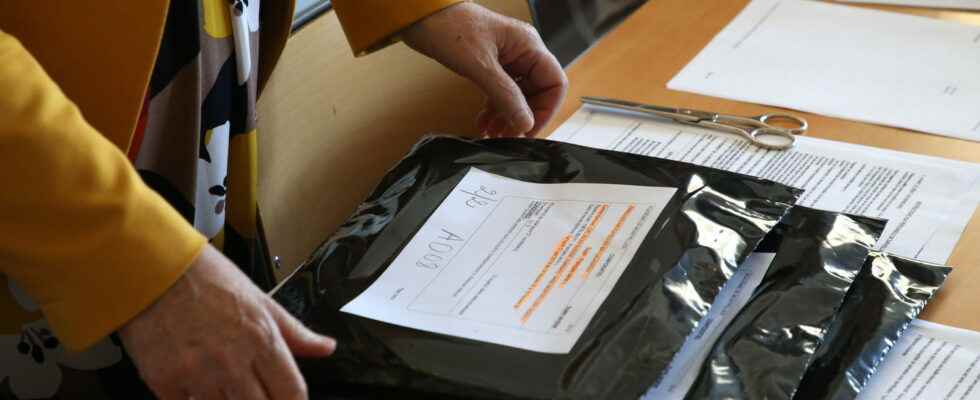BAC SES. Economics and social sciences remain a test of the 2022 baccalaureate for candidates who have followed specialist education. Between now and the exam, high school students still have a few days to revise, but what will be the subject of the test?
Economics and social sciences were the flagship subject of the former ES branch of the bin. Since the reform of the baccalaureate, the discipline has become a specialty education that high school students are free to choose, and those who have taken the SES courses in first and final year are currently preparing for the written test. As the title of the subject indicates, economics and social sciences but also cross-cutting subjects are announced in the program of the exam organized between May 11 and 13. Very often, students have a preference between economic subjects and more sociological subjects, but you have to work as much as each other and sometimes focus on the least popular subject to put the odds on your side on D-Day. List of potential subjects, precise date of the test and indications on the content of the exam, Linternaute provides you with all the necessary information on the SES specialty test.
When does the economic and social science specialty exam take place in the baccalaureate?
The exam session for the specialty exams is short, from May 11 to 13, which reduces the possibilities for the exam date. The first details indicate that the test is scheduled for the afternoon of Wednesday 11 or Thursday 12, from 2 p.m. to 6 p.m., according to the specialized site l’Etudiant. The exact date should be known in the coming days.
What are the potential subjects for the SES test?
The economics and social sciences program is condensed with a major economic theme, another predominantly sociological and a third called “cross-references” which mixes the two subjects, which means that the revisions are substantial. It is strongly advised to master all the subjects provided for in the program to pass the test, but to lighten the workload of candidates, the Ministry of National Education has differentiated certain sub-themes of the program. Thus, as of this year, some subjects are only assessed during baccalaureate sessions in even years, others in odd years and the most important remain potential subjects each year. According to this new classification, here are the themes that may fall during the economic and social sciences test:
For economics:
- What are the sources and challenges of economic growth?
- What are the foundations of international trade and the internationalization of production?
- What economic policies in the European framework?
For social sciences:
- How is current French society structured?
- What changes in work and employment?
- How to explain political engagement in democratic societies?
For transversal subjects:
What inequalities are compatible with different conceptions of social justice?
The economic and social sciences specialty test lasts four hours. For this specialty, candidates have the choice between two subjects: a dissertation subject based on a documentary file or a composite test subject. If they opt for the dissertation, the candidates must answer only one question but in a detailed and above all argued way. The composite test is divided into two parts. The first, mandatory and common to all candidates, is a reasoning exercise based on a documentary file scored on ten points. Candidates then have a choice for the second part of the compound exam, they can decide to answer one knowledge mobilization question worth four points and complete a document review for six points or answer three knowledge mobilization questions for a total of ten points.
To cover all the themes of the program and give candidates more chances of success, each part of the test deals with different subjects from the program. Note that the dissertation and the third part of the composite test (the document study) relate to several themes of the SES program.
When will the results of the SES test be published?
A priori, the results of the specialty test in economics and social sciences will be available on July 5, at the same time as the results of the other tests (French, philosophy and major oral). The fact that specialty courses are evaluated one month earlier does not affect the publication of the results.
